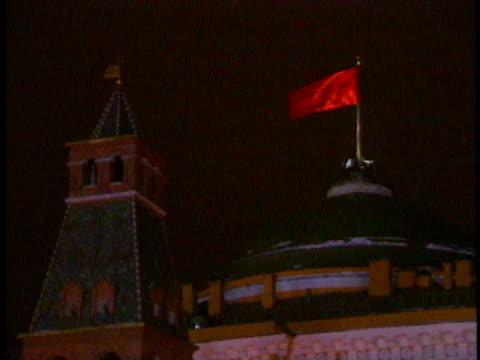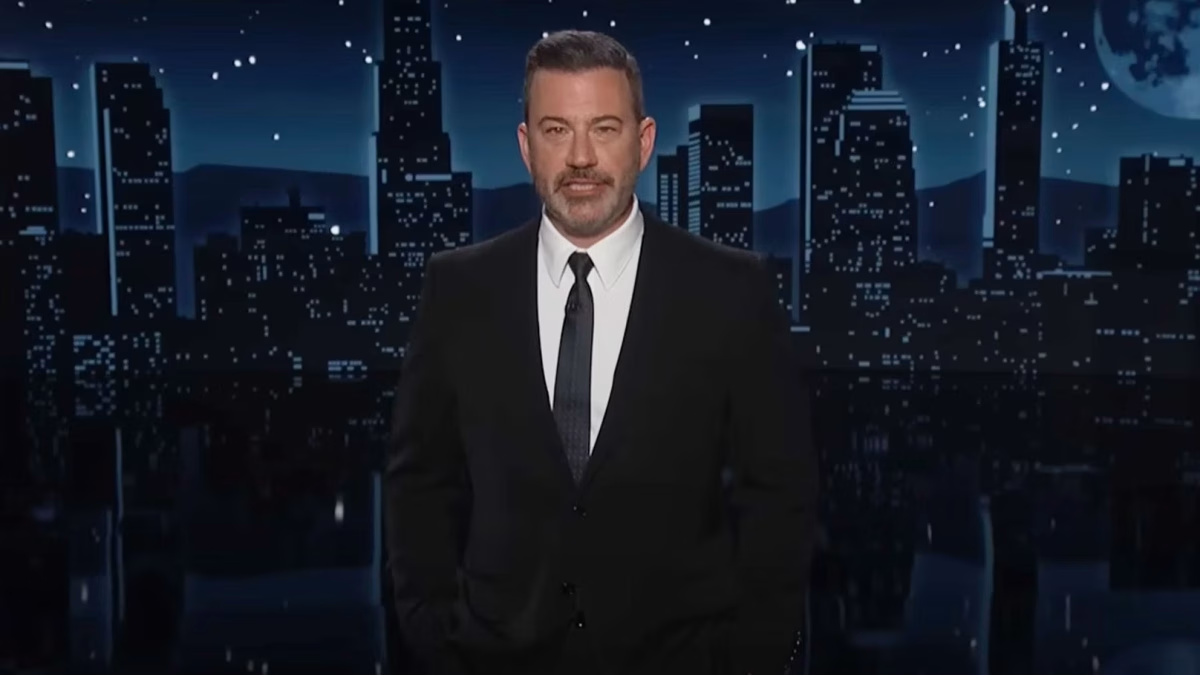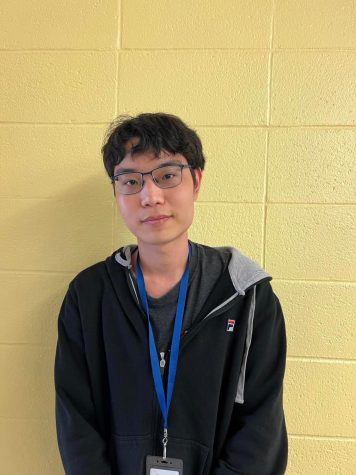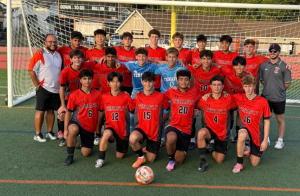30 Years After the Fall of Soviet Union, Russia Still Lacks Democracy

/ the last Soviet Union flag is lowered from government building in the Kremlin after the dissolution of the Soviet Union.
January 13, 2022
Thirty years ago, on December 26th, 1991, General Secretary Mikhail Gorbachev resigned, and the dissolution of the Soviet Union was declared. His attempts to revive the stagnant socialist union through Perestroika (restructuring), Glasnost (openness), and democratization largely failed as the member states demanded complete independence and the eradication of socialism. “I was… aware that to embark on reform of this caliber and in a society like ours was an extremely difficult and even risky undertaking. But even now, I am convinced that the democratic reform that we launched…was historically correct,” Gorbachev said in his farewell address. He was succeeded by President Boris Yelstin (1931-2007), the first democratically elected leader of Russia and ardent supporter of the union’s dissolution. Despite his efforts to instill democracy within his presidential term, many of his political and economic decisions—such as the 1993 Constitutional Crisis and abrupt installment of a capitalist economy with no transitional period—aroused controversies. “I did all I could… I ask you to forgive me for not fulfilling some hopes of those people who believed that we would be able to jump from the gray, stagnating totalitarian past into a bright, rich and civilized future in one go,” Yelstin said in his resignation speech. Both Gorbachev and Yelstin remain largely unpopular among Russians. This makes us question if their efforts to bring democracy to the Russian public at the cost of their reputation and the Russian economy were successful.
Currently, Russia is under the rule of President Vladimir Putin, who succeeded Yelstin in 2000. His stern responses to the countries and organizations hostile to Russia seemed to gain substantial support from the people. For instance, when apartment bombings throughout the country killed more than 300 Russians, Putin immediately responded by bombing Chechnya, accusing the Chechen terrorists. After serving his term from 2000-2004 and 2004-2008, he served as the prime minister for President Dmitry Medvedev due to the constitution prohibiting three consecutive terms. Some believe that Medvedev was no more than Putin’s puppet. Putin was re-elected as the president in 2012, but it is believed that the election was fraudulent due to the “statistically improbable” results. For instance, in Precinct 451 (one of the voting districts), there were 1389 registered voters but Putin managed to receive 1482 votes (107%). Gennady A. Zyuganov, Putin’s opponent, only received one vote. After returning to the presidential office, Putin made an amendment to the constitution in 2020 that enables him to remain in office until 2036, which would make him the longest-serving leader of Russia since the infamous dictator Joseph Stalin. It would be difficult to claim that Gorbachev and Yeltsin’s efforts to instill democracy were successful.
The Russian economy is currently dominated by oligarchs, former USSR officials who managed to seize state properties such as natural resources throughout the era of privatization (the 1990s). Putin made the “grand bargain” with the oligarchs during his first presidential term in which Putin would allow the oligarchs to maintain their power if they display loyalty and support for Putin’s administration. Such a system that grants the oligarchs access to state power has resulted in corruption and destabilization of Russian politics and economy.
The Russian opposition leader and anti-corruption activist, Alexander Navalny, recently attempted to expose the corrupt reality of Russian politics to the world public. He revealed the existence of “Putin’s Palace (mansion)” gifted to Putin by the oligarchs along with the names of those involved. Navalny’s video revealed that the construction cost $1.37 billion, which is allegedly the “largest bribe in history.” On August 20, 2020, Navalny was poisoned with a Novichok nerve agent developed by the Soviet Union in the 1970s. Despite Kremlin’s denial, Navalny and a number of critics believe the poisoning was orchestrated by the Russian Government. Throughout the past two decades, several outspoken critics—including Alexander Litvinenko and Sergei and Yulia Skripal—were poisoned in a similar way. In September 2021, the European Court of Human Rights declared that the Russian Government is responsible for the murder of Alexander Litvinenko.
Before leaving their offices, both Gorbachev and Yeltsin expressed their hopes that the democratization process will one day be completed. However, it is unclear when their dreams of complete democratization will come true.

















































































































































